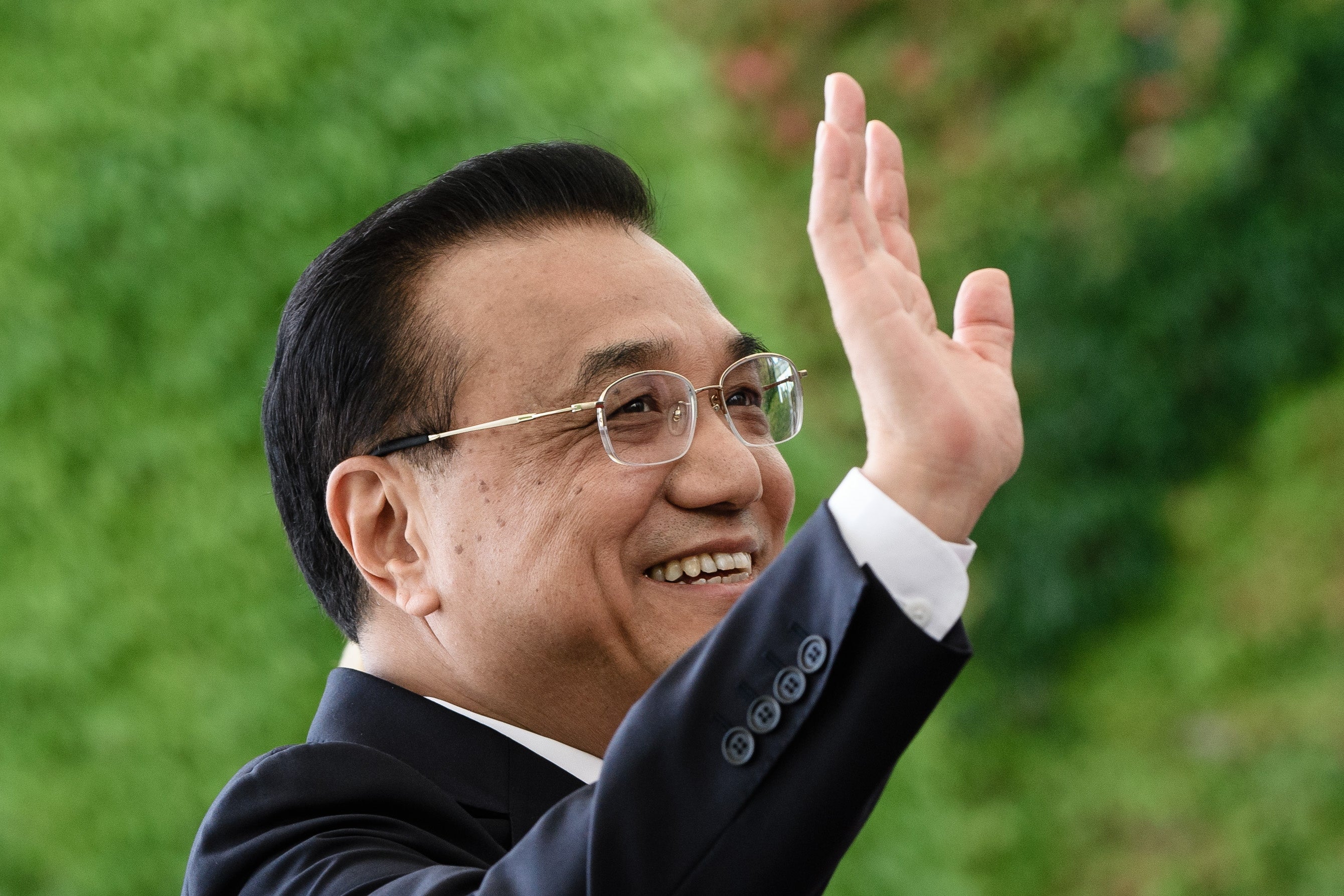The dangers of Xi Jinping’s one-man rule in China are more pronounced than ever
With Li Keqiang out of the picture, the remnants of the only significant rival faction to Xi have lost their figurehead, writes Michael Sheridan. China’s president has free rein to shape his nation’s path how he wishes


The sudden death of Li Keqiang, China’s prime minister for the last decade, will leave the country’s beleaguered band of dissenters dry-eyed at the passing of a pitiless Marxist-Leninist. One day, we may find out if his legacy was more than that.
Li died of a heart attack at the age of 68 in Shanghai on Friday, prompting a chorus of mourning on social platforms and dutiful homage in the state media. We can expect tributes from those who met him at conferences and were beguiled by a communist who spoke English and didn’t squawk slogans like a broken record.
It is not the first time a dead Chinese leader has won a posthumous reputation as a misunderstood liberal; similar eulogies for the likes of Mao Zedong’s deputy, Zhou Enlai, and for a 1980s reformer, Hu Yaobang, led to political unrest in Beijing itself.
But Li’s influence had long waned in the new China of Xi Jinping, who lorded it over him as head of state, chief of the Chinese Communist Party and commander of the army. When Li stepped down from office a few months ago, the imperial rule of Xi was complete.
A wonderful book, China Coup, by the former British diplomat Roger Garside, imagined a counterfactual scenario where Li led a Politburo revolt against the incompetent chauvinist at the top and set China on a path to the exit from authoritarian rule. It’s well worth reading although, alas, now destined for the fiction shelves.
The reality is that Li’s career illustrated the cohesion of the Chinese elite, not its dissonance.
His differences with the boss were that he understood market economics, which Xi does not, and that he wanted to trade with the world on China’s terms, not to fight it.
He signed off on every extreme measure, from the regime’s callous policies during the Covid-19 pandemic to its crimes against humanity in the western region of Xinjiang. When it came to the party’s core interests, he never stepped out of line.
According to Wang Xiangwei, a former editor of the South China Morning Post and a loyal observer of Communist Party politics, Li’s death creates “a dicey moment for China’s leadership at a time of uncertainty”. I don’t think so.
The fact is that Xi Jinping has never been mightier. Just before the news of Li’s death, he announced the definitive purge of his foreign minister, Qin Gang, and the defence minister, Li Shangfu. Both had abruptly vanished from public life. Now the remnants of the only significant rival faction in the party have lost their figurehead. The dangers of one-man rule could scarcely be clearer.
Late last year, the Biden administration became so alarmed at the signs that China really might go to war for Taiwan – encouraged by Russia’s invasion of Ukraine, which is not seen in Beijing as a failure – that the president ordered an intense diplomatic and military response.
America reforged alliances, built up its military and kept up economic pressure. The key message to Xi was not to make a fatal mistake. “The Americans would fight. No question. They get that now,” says a source who tracked the policy up close.
Now the leader has blithely changed his tune from talking of war with the United States to engaging with every American who knocks on his door. We do not know whether Li Keqiang urged caution in the dying months of his premiership – he would have known better than anyone the consequences of war for the Chinese economy. But the wind has changed.
Team Biden has done a highly professional job of re-engagement, largely unsung, despite the dizzying claims on its attention. Secretary of state Antony Blinken and national security adviser Jake Sullivan are talking endlessly to Wang Yi, the dour veteran who now does foreign policy for Xi. There may be a summit between the two presidents.
It is no exaggeration to say that a world crisis may grow out of the violence in the Middle East. So far, China has been happy to exploit the West’s divisions and disarray, indulging its friends in Moscow and Tehran. But even Xi Jinping does not want a petro-war that sends oil to $150 a barrel and wrecks the slowing Chinese economy. His ambitions, for now, are on hold.
Michael Sheridan is working on a biography of Xi Jinping, ‘The Red Emperor’, to be published by Headline Books in 2024






Join our commenting forum
Join thought-provoking conversations, follow other Independent readers and see their replies
Comments